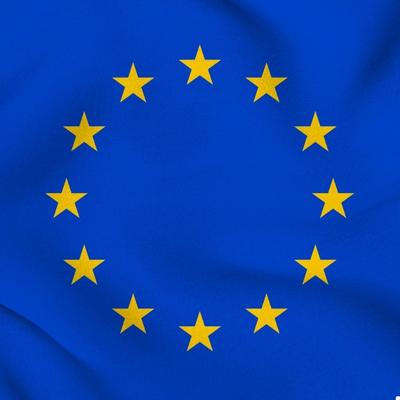

Published on Jul 12, 2022
The U.S. antitrust agencies are increasingly fighting reverse clearance battles in which—rather than seeking to gain authority to investigate particular mergers—they’re instead pushing their sister enforcement agency to review the transactions, sources familiar with the matter said.
That’s a stark change from traditional practice at the FTC and DOJ’s antitrust division, which typically fight to take jurisdiction over high-profile deals to not only expand their authority but also lay the groundwork for future claims over mergers in those sectors.
The sources declined to name specific deals that had drawn reverse clearance battles in recent months. But the agencies’ traditional clearance dynamic is said to have changed in response to their substantial workloads and other resource constraints, both of which have been exacerbated by their new practice of leaving some merger investigations open indefinitely.
The FTC began that practice last summer under new chair Lina Khan, informing some merging parties through a form letter that the agency’s investigation remained “open and ongoing” even though the HSR waiting period for their transaction had concluded. DOJ earlier this year initiated a similar practice under new antitrust division head Jonathan Kanter.
The uptick in reverse clearance battles comes in response to significant resource crunches at both agencies, which has led the FTC to in some cases commandeer attorneys from its policy and international shops to manage merger reviews.
Khan told the House Appropriations Financial Services and General Government Subcommittee in May that “[t]he combination of the merger boom, inadequate resources and strict deadlines under HSR has resulted in thinly stretched staff and concerning deals getting a more cursory review than they warrant.”
“[T]hese circumstances have forced difficult choices about how to handle situations where a proposed merger appears to raise legal concerns but we lack the resources to fully investigate it within the statutory time frame,” she added.
Kanter hasn’t been as vocal about his own agency’s resource concerns. But DOJ is in the midst of a raft of resource-intensive merger litigations that include its recently concluded trial on U.S. Sugar’s proposed acquisition of Imperial Sugar, as well as upcoming trials involving UnitedHealth Group’s proposed acquisition of Change Healthcare and Penguin Random House’s proposed purchase of Simon & Schuster—both of which are set to kick off in early August. The department is also in September set to kick off a trial seeking to unwind a quasi-merger between the northeast operations of American Airlines and JetBlue.
For the FTC or DOJ to begin a merger investigation, its sister agency must “clear” the matter—in other words, allow the reviewing agency to take jurisdiction over the transaction.
The process is largely informal and relies on interagency cooperation. But the fact that no independent decision-maker oversees the process has in the past sometimes led to extended clearance disagreements that have even escalated to the heads of the respective agencies.
Those fights typically involve mergers in sectors where the agencies have overlapping jurisdiction and expertise, or emerging industries in which neither agency has a real track record.
Clearance battles—or reverse clearance battles—can also wreak timing havoc for merger parties by eating up valuable time they could use to convince an agency that their deal doesn’t raise meaningful competition concerns during the initial 30-day HSR waiting period.
Clearance disputes were particularly common during the Trump administration, with frequent battles between a DOJ antitrust division led by Makan Delrahim and an FTC chaired by Joe Simons on both merger and non-merger matters that were in some cases characterized by unusually intense disagreements.
That situation has improved drastically over the past eighteen months. Nonetheless, the uptick during the Biden administration in reverse clearance battles represents uncharted territory, in an environment in which both agencies are seeking to meaningfully strengthen their scrutiny of mergers and acquisitions.
Spokespeople for the FTC and DOJ declined to comment.